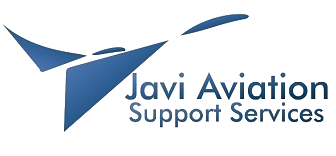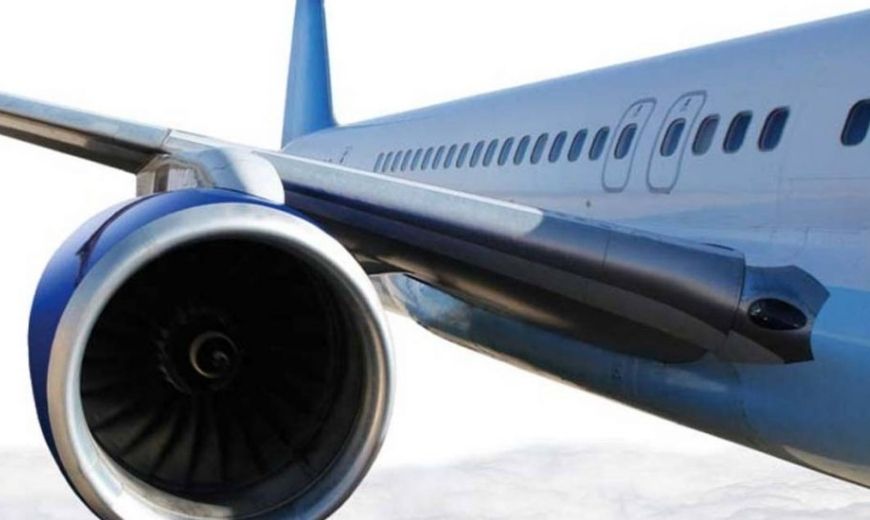IATA raises fresh worry over stuck fund, connectivity
International Air Transport Association (IATA) has raised fresh concern over stuck funds in African countries, describing it as one of the issues that must be addressed to unlock the socio-economic potential of aviation on the continent.
IATA, which is the global clearing house for over 275 airlines in the world, said repatriation of fund by foreign airlines is becoming difficult in several African countries with growing effects on operations.
Meanwhile, the association has also highlighted other areas of focus, if African airlines must grow. These areas include the need to enhance safety efforts, enabling airlines to improve intra-Africa connectivity, avoiding air traffic management re-fragmentation and over-investment and ensuring that Africa has the professionals it needs to support the industry’s growth.
In a related development, President Muhammed Buhari will on Monday flag off activities of the annual World Aviation Forum by the International Civil Aviation Organisation (ICAO) in Abuja. The forum, which holds from November 20-22, is the first to be held outside the Organisation’s headquarters in Montreal, Canada.
IATA observed that airlines are experiencing varying degrees of difficulty repatriating revenues earned in Africa from their operations in Angola, Algeria, Eritrea, Ethiopia, Libya, Mozambique, Nigeria, Sudan and Zimbabwe.
The Guardian learnt that about N37 billion ($121 million) was stuck in Nigeria as at the end of October 2017. The sum is a marginal improvement from N53.6 billion ($175 million) stuck as at July 2017. It will be recalled that an excess of N183.6 billion ($600 million) was stuck in June 2016.
Director General and Chief Executive Officer of IATA, Alexandre de Juniac, in a keynote address at the 49th African Airline’s Association Annual (AFRAA) General Assembly in Kigali, Rwanda, called for practical solutions to tackle the problem.
De Juniac said: “Practical solutions are needed so that airlines can reliably repatriate their revenues. It’s a condition for doing business and providing connectivity.”Aviation currently supports 6.8 million jobs and contributes $72.5 billion in GDP to Africa. Over the next 20 years passenger demand is set to expand by an average of 5.7 per cent annually.
De Juniac said: “Africa is the region with greatest aviation potential. Over a billion people are spread across this vast continent. Aviation is uniquely placed to link Africa’s economic opportunities internally and beyond. And in doing so, aviation spreads prosperity and changes peoples’ lives for the better.
“That’s important for Africa. Aviation can help in achieving the United Nation’s Sustainable Development Goals, including the eradication of poverty and improving both healthcare and education,” he said.Africa also faces great challenges and many airlines struggle to break-even. And, as a whole, the African aviation industry will lose $1.50 for each passenger it carries.
“Governments should be aware that Africa is a high-cost place for aviation. Taxes, fuel and infrastructure charges are higher than the global average. Additionally, insufficient safety oversight, failure to follow global standards, and restrictive air service agreements all add to the burden that stands in the way of aviation’s economic and social benefits,” de Juniac said.
In the area of safety, IATA observed improvement in Africa, with no passenger fatalities or jet hull losses in Sub-Saharan Africa in 2016. When turbo-prop operations are included, Sub-Saharan Africa recorded 2.3 accidents per million flights against a global average of 1.6 accidents per million flights.
De Juniac said: “African safety has improved, but there is a gap to close. Global standards such as the IATA Operational Safety Audit (IOSA) are the key. Performance statistics for IOSA show that the accident rate of the 33 IOSA registered carriers in Sub-Saharan Africa is half that of carriers not on the registry. That’s why I urge African Governments to use IOSA in their safety oversight.”
He also called for improved government safety oversight, noting that only 22 African states have reached or surpassed the implementation of 60 per cent of the ICAO standards and recommended practices (SARPs) for safety oversight.
“The Abuja declaration committed states to achieve world class safety in Africa. ICAO SARPs are critical global standards. And governments must not fall behind in delivering on important revised Abuja targets such as the establishment of Runway Safety Teams.”
IATA urged the 22 states that have signed-up for the Yamoussoukro Decision (which opens intra-Africa aviation markets) to follow through on their commitment. And it further urged governments to progress the African Union’s Single Africa Air Transport Market initiative.“African economic growth is being constrained by a lack of intra-Africa air connectivity.
Opportunities are being lost simply because convenient flight connections are not available. While we cannot undo the past, we should not miss out on a bright future,” de Juniac said.







